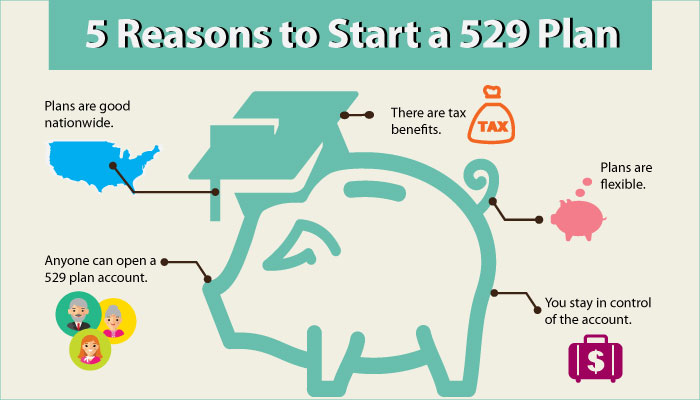
The SECURE Act and Estate Planning: What You Need to Know
These changes are so significant that every such plan holders should review their wishes and how their estate plans may be affected.
Our Estate Planning Blog

These changes are so significant that every such plan holders should review their wishes and how their estate plans may be affected.

My parents are in their 70s and they don’t have anything planned. I’ve spoken with them about the importance of planning.

Despite the burgeoning cost of higher education these days, you might still find yourself with unspent money in a 529 plan after your child has graduated from college. As you may know, if you withdraw the money for non-qualified education purposes, you have to pay taxes plus an additional 10% penalty on the earnings withdrawn from the account.

Relocating for retirement and trimming the budget line for taxes are among the many tasks preretirees and retirees have on their to-do lists.

Healthcare can be a daunting prospect for seniors, namely because health issues can creep up as people age, and because Medicare comes with a lot of hidden costs that seniors aren’t well-prepared for. However, if there’s one health-related expense that can really catch retirees off-guard, it’s none other than long-term care.

Thanks to changes in the 2017 tax law, 529 college-savings plans are being used as estate planning tools and to pay for more education-related expenses than ever before, according to InvestmentNews.

As parents age, families sometimes struggle with how to best keep their parents’ financial affairs in order. One common approach is for aging parents to put one or more of their children on their investment accounts, bank accounts and real property.

We are programmed to contribute the “max” to our retirement accounts and we disregard, or do not understand, the pitfalls of an improperly filled-out beneficiary forms.

You should go to an estate planning attorney to sort things out and make sure both of you are on the same page about who owns what, who gets to stay where and for how long into the future.

For couples over 50, living together has a lot of appeal and is on the rise. In fact, the number of unmarried couples who are 50+ shot up 75% between 2007 and 2016, according to the U.S. Census Bureau.